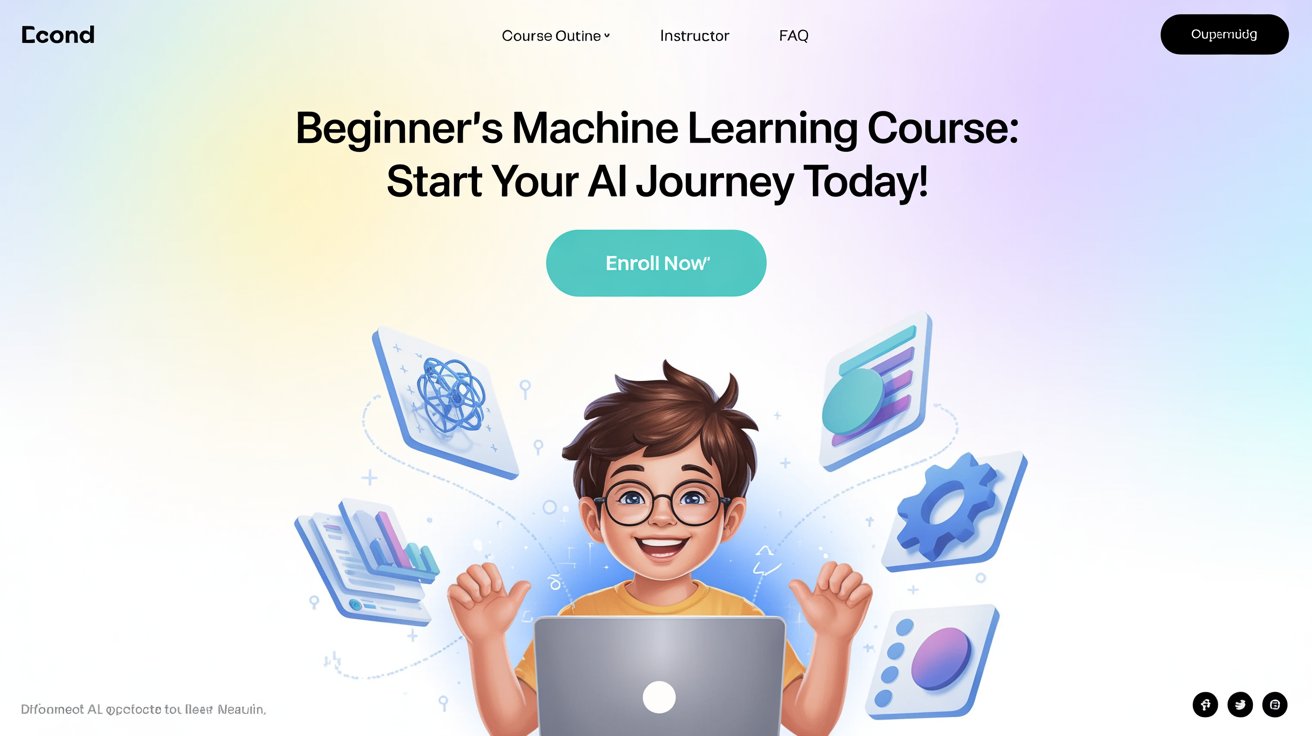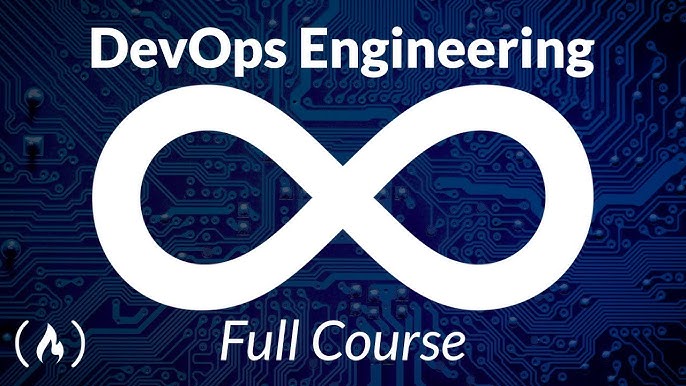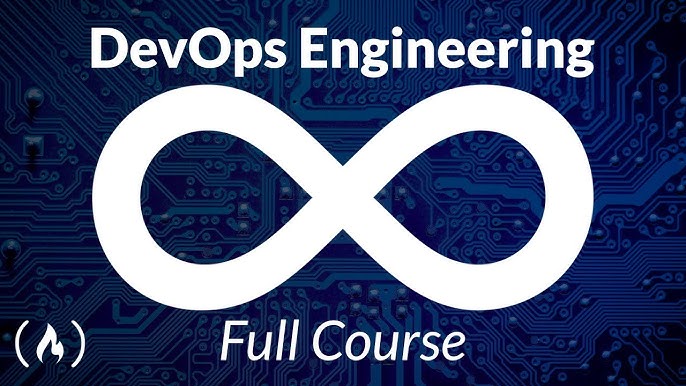AI Course Syllabus Your Pathway to Learning Artificial Intelligence

AI Course Syllabus: Your Pathway to Learning Artificial Intelligence. Discover the AI Course Syllabus: Your Pathway to Learning Artificial Intelligence. Join us for a simple, friendly guide to mastering AI concepts & skills!

Introduction to AI Course Syllabus
The advent of artificial intelligence has transformed industries & created new professional avenues. As someone who has engaged with various educational resources, my experience with the AI Course Syllabus: Your Pathway to Learning Artificial Intelligence truly opened my eyes to the vast potential of this field. Whether you're a student, a working professional, or just a curious learner, having a structured syllabus can significantly enhance your understanding & skills in AI. This article outlines an effective syllabus & the essential modules you should master to thrive in AI.
What Should an AI Course Syllabus Include?
A well-structured syllabus is vital for learners aiming to comprehend artificial intelligence comprehensively. Here are the key components that should be included:
Introduction to AI Principles: Basic concepts & types of AI.
Programming Foundations: Languages & tools like Python, R, & TensorFlow.
Mathematics for AI: Linear algebra, calculus, & statistics.
Machine Learning Techniques: Supervised, unsupervised, & reinforcement learning.
Data Handling: Data preprocessing & visualization techniques.
Ethics in AI: Discussions around the ethical implications.
Module Breakdown of the AI Course Syllabus
Each module should focus on delivering specific skill sets. Below is a further breakdown of what each module should cover:
Module Description
Introduction to AI Focuses on defining AI & its applications across various sectors.
Programming for AI Covers essential programming languages with practical assignments.
Mathematics for AI Teaches the math background necessary for algorithms & models.
Machine Learning Fundamentals Explores key ML algorithms & their applications.
Data Preprocessing & Visualization Focus on data cleaning, manipulation, & visual representation.
Ethics & Societal Impact Examines the ethical questions surrounding AI usage.
Essential Skills to Develop in AI
Engaging with the AI Course Syllabus: Your Pathway to Learning Artificial Intelligence should also emphasize the development of various skills. These skills will empower you to tackle real-world problems using artificial intelligence. Some essential skills include:
Programming Proficiency: Comfortable with code, especially Python.
Statistical Analysis: Ability to interpret data & statistics.
Problem Solving: Identifying issues & finding AI-driven solutions.
Communication Skills: Conveying complex AI concepts to non-technical stakeholders.
Project Management: Managing timelines & deliverables effectively.
Hands-On Projects: Bridging Theory & Practice
One of the most engaging parts of the AI Course Syllabus: Your Pathway to Learning Artificial Intelligence is the inclusion of hands-on projects. These projects help bridge the gap between theoretical knowledge & practical skills. For instance:
Project Objective
Image Classification Build a model that can classify images into categories.
Sentiment Analysis Analyze text data to determine the sentiment behind it.
Recommendation System Create a system that recommends products based on user preferences.
Chatbot Development Design an AI chatbot to interact with users.
Resources & Tools for Learning AI
Having the right resources is crucial when following an AI Course Syllabus: Your Pathway to Learning Artificial Intelligence. Online platforms offer an abundance of useful tools. Here are a few you should consider:
Online Learning Platforms: Websites like Coursera, edX, & Udacity provide high-quality courses.
Books & Textbooks: Essential texts cover foundational concepts & advanced topics.
Jupyter Notebooks: An excellent tool for writing & sharing code with ease.
AI Libraries: Familiarize yourself with libraries such as TensorFlow, Scikit-learn, & Keras.
The Importance of Ethics in AI Education
As we delve into artificial intelligence, ethical considerations cannot be ignored. An effective AI Course Syllabus: Your Pathway to Learning Artificial Intelligence should include a robust section on the ethical implications of AI technologies. This part assesses how AI impacts societies, data privacy, & the potential for algorithmic bias. Engaging with case studies can help illuminate these issues. It is essential that future AI professionals comprehend their responsibilities & the consequences of their work.
“An AI course should not just teach technology; it must also instill a sense of ethics in practitioners.” – Emery Macejkovic
Career Opportunities in AI
Upon completing an AI syllabus, numerous career paths become available. Knowing various roles can guide your learning & specialization. Here’s a breakdown of typical positions in the AI field:
Job Title Description
Data Scientist Analyzes complex data to inform business strategy.
Machine Learning Engineer Develops algorithms & predictive models.
AI Research Scientist Conducts research to advance the field of AI.
AI Product Manager Oversees AI-related product development & strategy.
FAQs About AI Course Syllabus
What prerequisites are needed for AI courses?
Before diving into AI courses, it is beneficial to have a solid foundation in mathematics & programming. Familiarity with data structures & algorithms can also enhance your ability to grasp concepts quickly. Most courses will assume some level of prior knowledge, especially in mathematics related to statistics & linear algebra.
F.A.Q
Can you learn AI without a computer science degree?
Yes, many people successfully transition to AI careers without a formal computer science degree. Various online courses, boot camps, & self-study resources can equip you with the necessary skills. Be that as it may, dedicated learning & practical projects are essential for building a robust knowledge base.
How long does it take to complete an AI course?
The duration of AI courses varies significantly based on format & commitment. Full-time boot camps may last a few months, while part-time courses or online classes can take several months to a year. Overall, your learning pace will depend on your background & dedication to mastering the material.
What are the job prospects after completing an AI course?
The job market for AI professionals is robust & rapidly growing. Companies across industries are increasingly seeking individuals skilled in AI & machine learning. Graduates can potentially find roles in data science, machine learning engineering, AI consultancy, & academia, making this a promising field for career advancement.
AI Course Syllabus
Developing a solid foundation with a structured AI Course Syllabus: Your Pathway to Learning Artificial Intelligence is crucial for anyone looking to make a mark in this transformative field. By understanding the core modules, engaging in hands-on projects, & staying aware of ethical considerations, you set yourself apart in the job market. Remember, as the landscape of AI continues to evolve, adapting your learning to the latest advancements will ensure continued success & relevance in your career.






